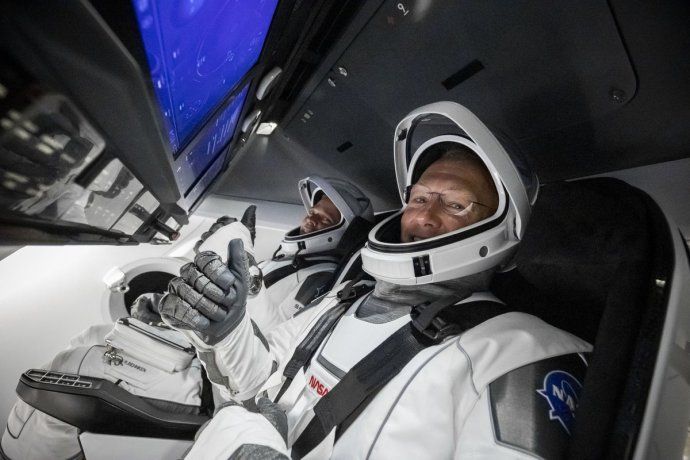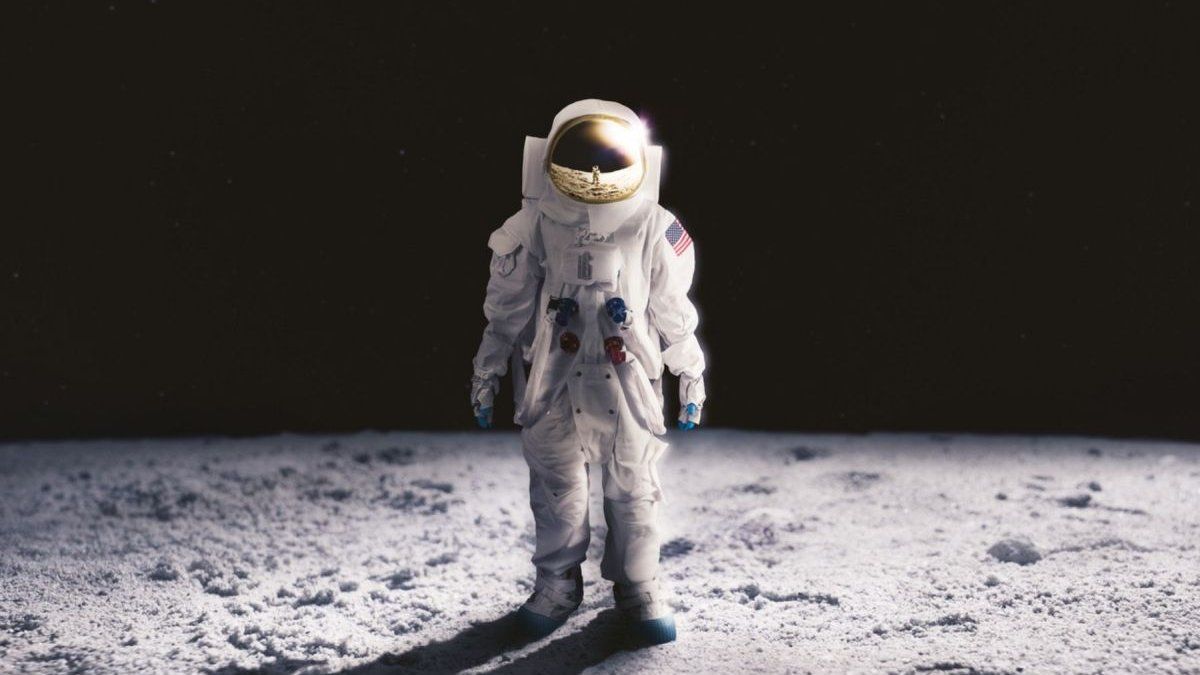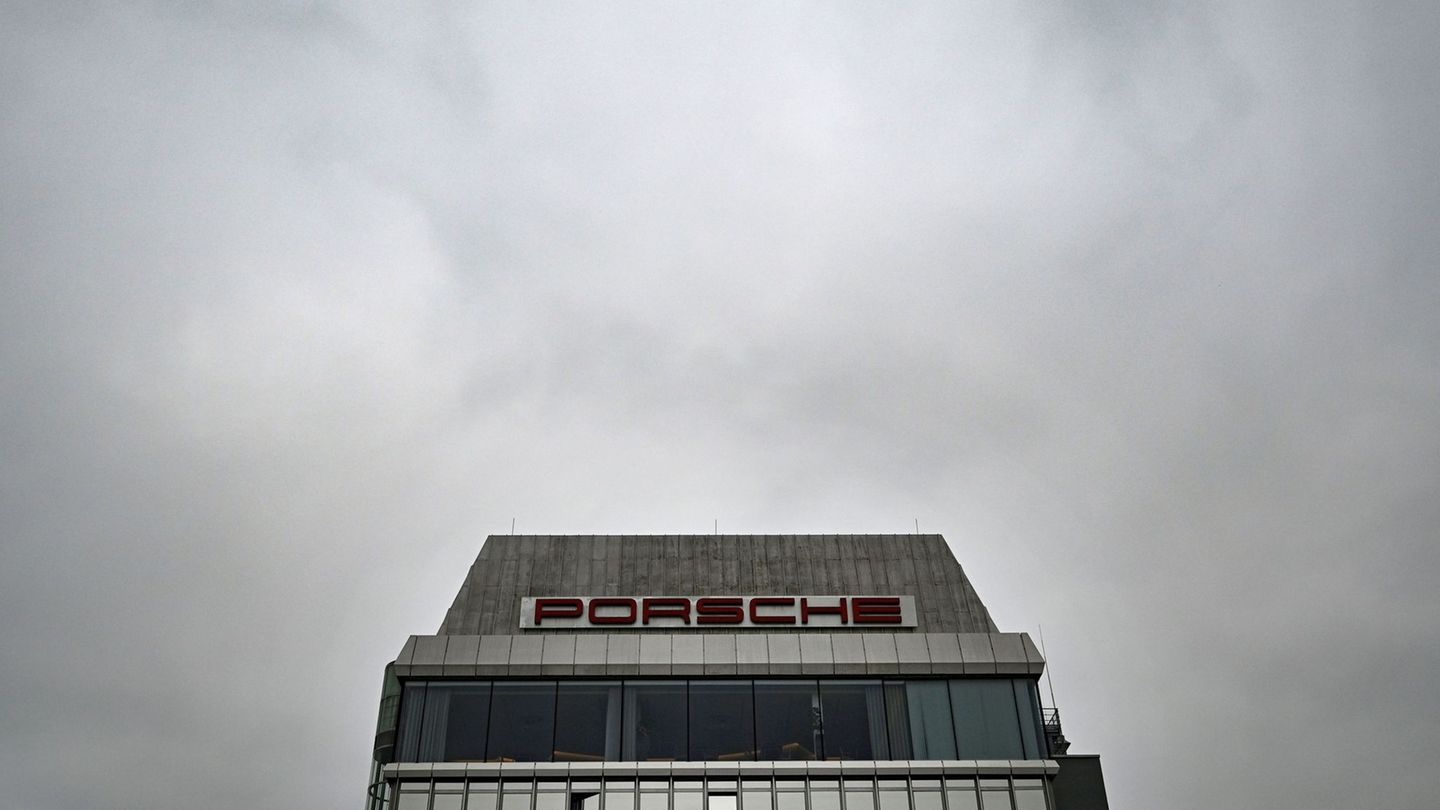astronaut
pixabay
participated 14 male and 3 female astronautswith an average age of 47 yearswhose missions ranged from four and seven months in spacewith an average of five and a half months.
One year after returning to Earth, the astronauts had an average of 2.1% reduction in bone mineral density in the tibia Y 1.3% reduction in bone strength. Meanwhile, nine did not regain bone mineral density after space flight, experiencing a permanent loss.
astronaut

pixabay
“We know that astronauts lose bone on long-duration spaceflight. What is new is that we have followed the astronauts for a year, after their space trip, to understand if and how the bone recovers,” he said. leigh gabelprofessor at the University of Calgary and lead author of the analysis published in the journal Scientific Reports.
“Astronauts experienced a significant bone loss during six-month space flights, a value we would expect to see in older adults for two decades on Earth. And, after a year back on Earth, they only recovered about half of that loss,” added Gabel.
astronaut

Argentine News
Bone loss is due to the bones, which normally bear weight on earthThey don’t do it in space. “Space agencies are going to have to improve countermeasures -exercise and nutrition- to help prevent bone lossGabel pointed out.
“During spaceflight, fine bone structures lose weight and, over time, some of the bony rods disconnect each. Once the astronaut returns to Earth, the remaining bony connections may thicken and become strongerbut those that were disconnected in space they cannot be rebuiltso the overall bone structure of the astronaut permanently changeGabriel admitted.
astronauts.jpg

SpaceX
in the last seven years, the study astronauts flew on the Space Station. And, although their nationalities are not known, they are members of the US space agency POTthe Canadian Space Agencythe European Space Agency and the Japan Aerospace Exploration Agency.
Space travel poses various challenges for the human bodysomething that worries space agencies when planning new explorations. “Microgravity affects many body systems, including muscle and bone”Gabel justified.
“The Cardiovascular system also undergoes many changes. Without gravity pumping blood to the feet, astronauts experience a fluid change which causes more blood to pool in the upper part of the body. This can affect the cardiovascular system and the vision“, he added.
astronaut moon

pixabay
“The radiation it is also a great concern for the health of astronauts. The further away from Earth, the greater the exposure to solar radiation and the risk of cancerGabriel concluded.
Source: Ambito
David William is a talented author who has made a name for himself in the world of writing. He is a professional author who writes on a wide range of topics, from general interest to opinion news. David is currently working as a writer at 24 hours worlds where he brings his unique perspective and in-depth research to his articles, making them both informative and engaging.




